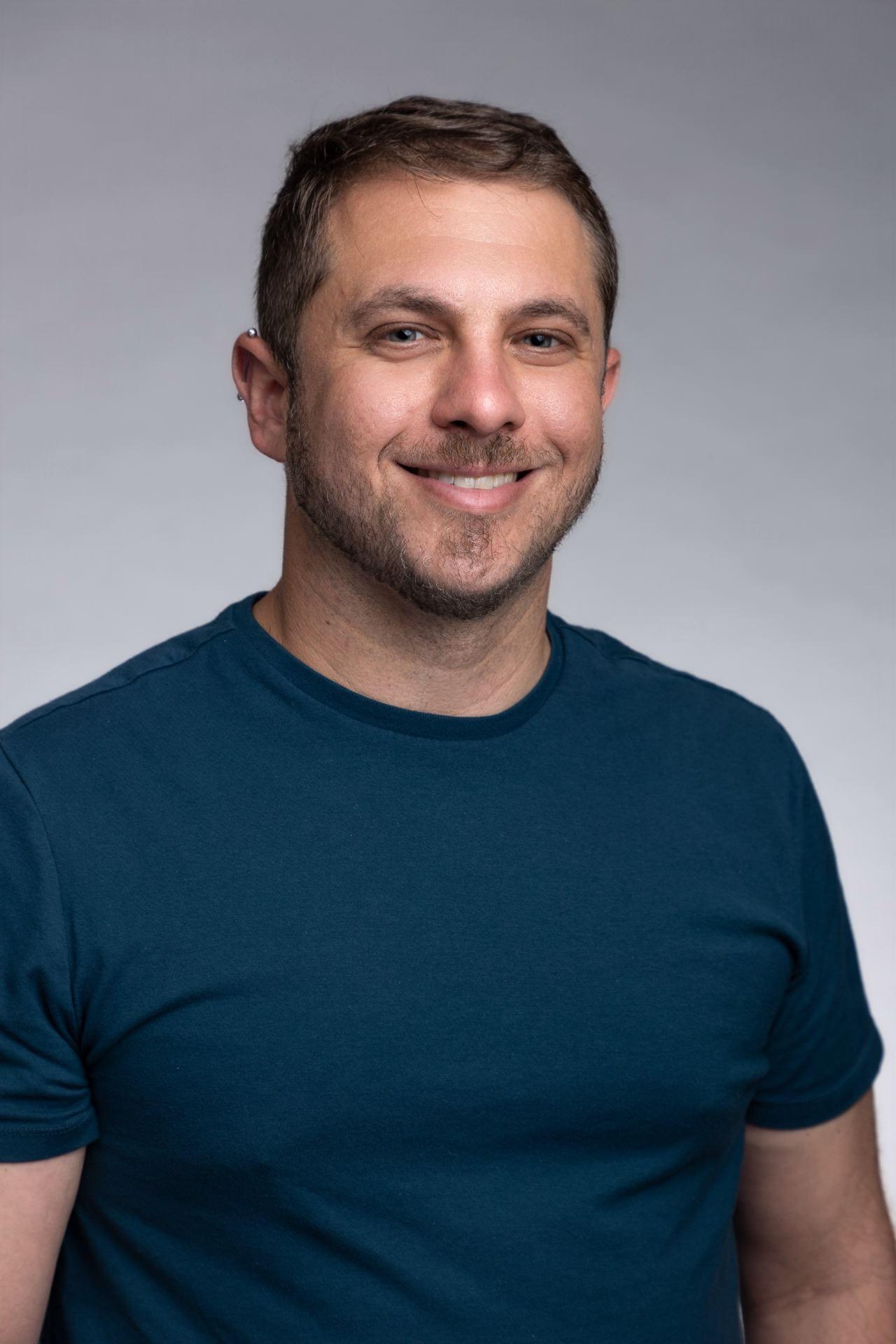马修Capriotti
 |
Current Research Activities
I do research in two areas. For the past 10 years, I've studied behavioral, non-drug 治疗 for Tourette Syndrome and other chronic tic disorders. 我还做过别的 work looking at these disorders more broadly; some of this has involved looking at the nuances of how tic disorders work (i.e., disease processes), in order to understand how we might build better 治疗. 我的工作 has also looked into how things other than behavioral therapy might be useful in improving the lives of people with these 问题. My second area of research concerns the 健康 of lesbian, gay, bisexual, transgender, and queer (LGBTQ+) people. I am interested in both mental and physical 健康. This work looks at how social factors (e.g., discrimination, stigma, etc) are linked to 健康 outcomes for LGBTQ+ people. In addition, my colleagues and I work to understand what promotes resilience for LGBTQ folks who are exposed to these harmful social forces, but thrive n一个theless. We study these things in order to pave roads for better wellness programs for LGBTQ+ people, as well as better 治疗 for mental 健康 问题 when they do occur.
Research 连接s to Current 事件
Both my Tourette Syndrome research and my LGBTQ+ 健康 research is very applied. Generally my work directly builds a treatment, looks at ways to expand the use of an existing science-based treatment, or lays the groundwork for building effective treatment based on a scientific understanding of what causes 健康 and illness. 在 the past decade or so, we have so much increased recognition of the need to offer effective 健康care solutions to all individuals in our society. 也有 much discussion of how this means more than just offering "the right medication to 合适的人。”. For 一个, there is a growing recognition that we need science-based psychotherapy and other non-drug 治疗 to promote heath in our society. 我的工作 engages this very directly. There has also been a huge conversation about expanding culturally-sensitive, scientifically-based 健康care, and my work in LGBTQ 健康 and HIV engages these challenges.
Personal 连接s to Research
Both of my parents are in the helping professions, so I knew I was headed there from 年轻的时候. As an undergrad at University of Florida, I spent most of my first year failing out of pre-med, but I also took a class on Applied Behavior Analysis, which was all about using scientific principles of learning to help people live 健康ier, 更幸福的生活. The professor of this class, Dr. Jesse Dallery, invited me to work in his lab, which was all about developing effective programs to help people stop 吸烟. Dr. Dallery's lab took a translational approach to this, which meant not just studying 治疗 for 吸烟, but also looking at how nicotine affected decision making, not just in people but even in animals. I was really inspired by this way 做一些事情...engaging science on the basic level and than fleshing out 治疗 based on this understanding. I was fortunate enough to find a graduate mentor, Dr. Doug 木s, who helped me learn to apply this approach to Tourette Syndrome, an area 他研究了. I found myself inspired by the way Doug took application even farther, engaging in advocacy on organizational and policy levels to expand access to scientifically-validated 治疗. Along the way, I met a great group of colleagues who used a similar science-based approach to advancing LGBTQ mental 健康, and added this area to my work too.
社交媒体
其他语言
西班牙语